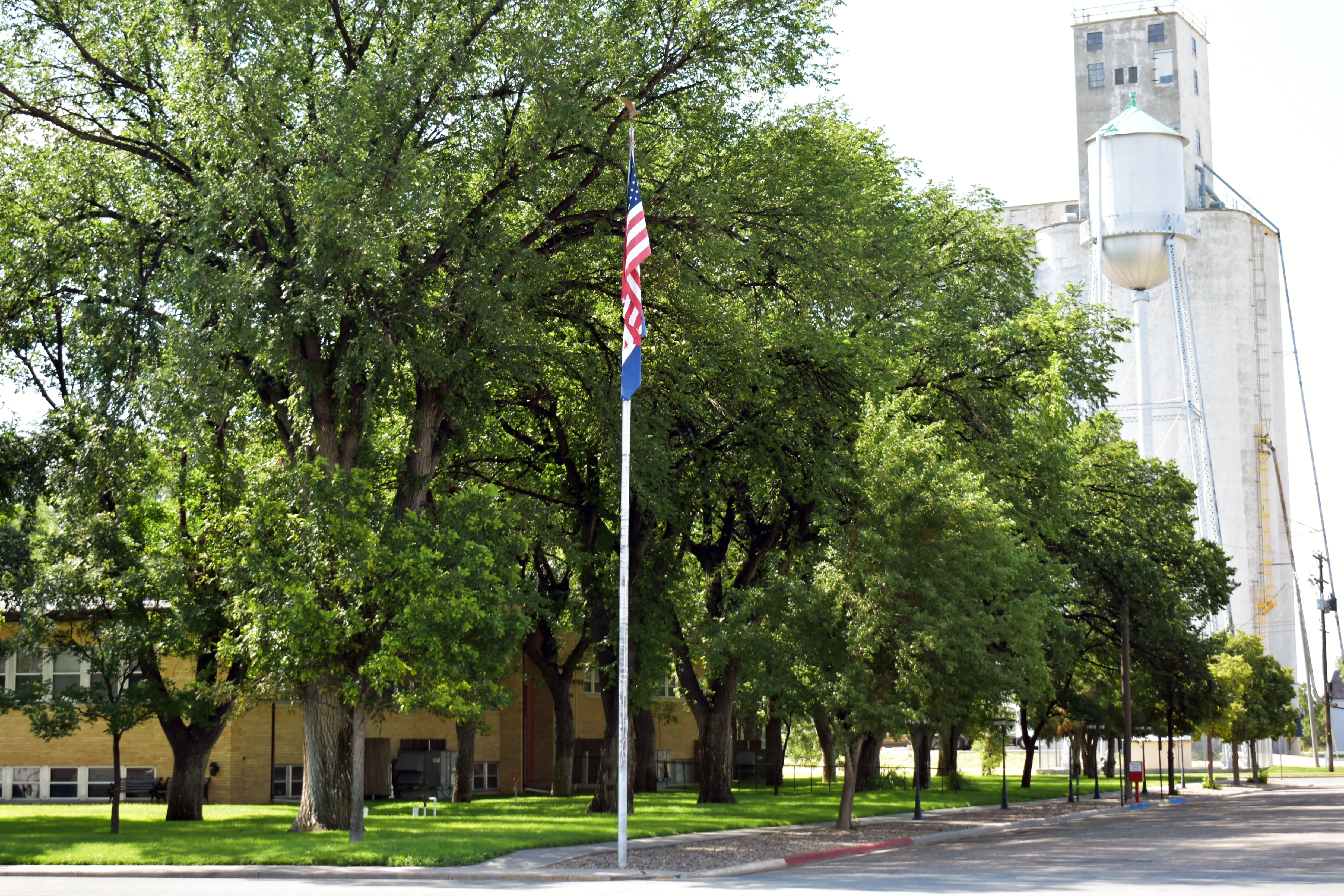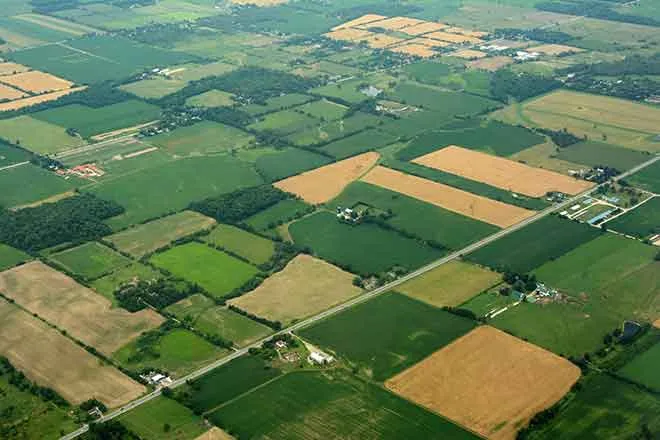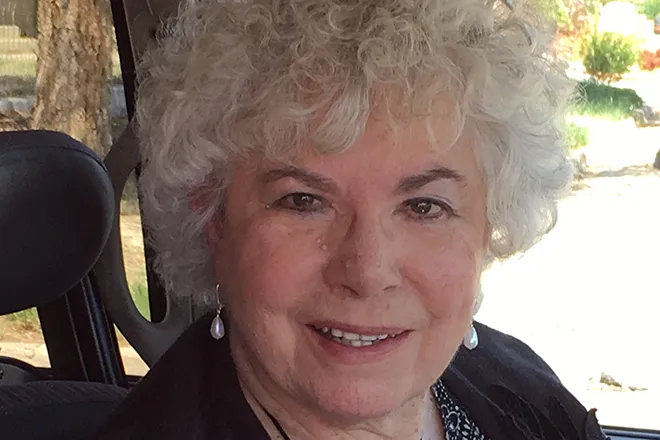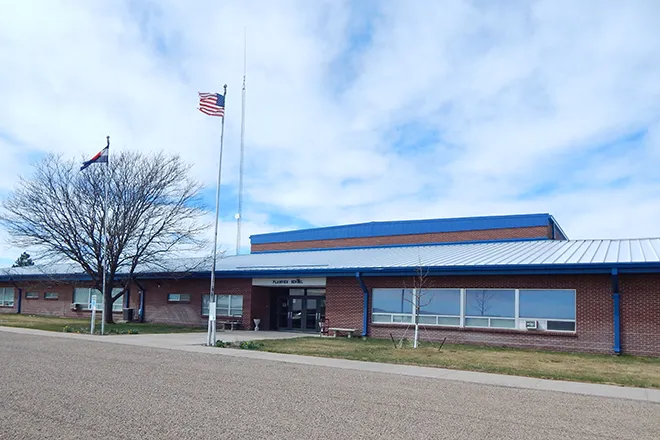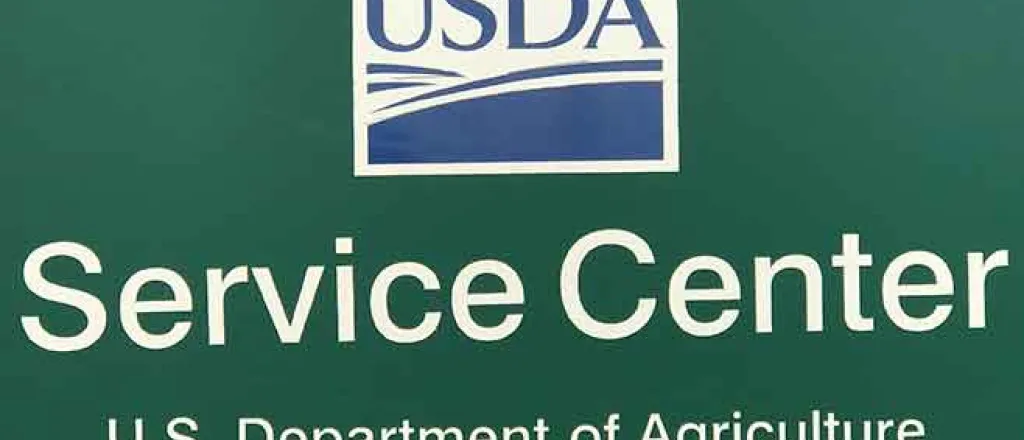
USDA Update - November 19, 2019
IMPORTANT DATES TO REMEMBER:
- NAP DEADLINE - Perennial Grass - December 1
- 2019 Market Facilitation Program - Deadline to apply December 6, 2019 - Call and schedule your appointment!
- Farm Loan personnel in Eads Office – 2nd Tuesday every month
- 2019 & 2020 - ARCPLC signup Begins October 1st
- COC Meeting - TBA
Disclaimer: Information in this UPDATE is pertinent to Kiowa County FSA only. Producers reading this and that do not have FSA interest in Kiowa County are advised to contact their local FSA Office.
MFP Second Payment
FSA Offices received notification last week that the second payment for approved Marketing Facilitation Program (MFP) applications will be issued beginning this week. Producers are asked to be patient, as many Colorado FSA staff are attending 2018 Farm Bill Training for CRP this week and offices will be short staffed, and the payments require two signatures for transmission.
Be reminded payments are issued based on physical location of the planted acres. Producers with land counties with payment rates $15.00 per acre or lower will not be issued additional payments as the maximum payment was issued in the first payment.
The second payment will equal 75% of the total payment, minus the amount already received. Producers who have not received any MFP payment will be issued 75% of the total county rate. Example: producer planted 100 acres in Kiowa and received a $15.00 an acre payment of $1500.00, the second payment will $450.00. 100 x 26 x 75% =1950 – 1500 = $450.00.
If there is a third and final payment, there is no guarantee the payment will be the remaining 25%. The payment rate is determined by USDA Administration.
Surrounding county payment rates are as follows:
- Bent - $22.00
- Cheyenne – $27.00
- Crowley - $20.00
- Greeley: KS - $48.00
- Lincoln - $15.00
- Prowers - $26.00
NAP Deadline - December 1, 2019
December 1 is the last day for producers to purchase a 2020 NAP policy on perennial grass and alfalfa. The 2018 Farm Bill did increase the service fees from $250 per crop to $325, per crop and producer. $825 maximum per county, not to exceed a total of $1950 for a producer with farming interests in multiple counties.
Beginning, limited resource, socially disadvantaged and qualifying veterans’ farmers or ranchers are eligible for a waiver of the service fee and a 50 percent premium reduction when they file form CCC-860, "Socially Disadvantaged, Limited Resource, Veteran, or Beginning Farmer or Rancher Certification." To be eligible for a service fee waiver or premium reduction, the NAP covered producer must qualify as one of the following:
Beginning farmer or rancher – a person or legal entity who:
- Has not operated a farm or ranch for more than 10 years; and
- Materially and substantially participates in the operation.
For legal entities to be considered a beginning farmer, all members must be related by blood or marriage and must be beginning farmers.
Limited resource farmer or rancher – a person or legal entity that:
- Earns no more than $177,300 (for FY2019) in each of the two calendar years that precede the complete taxable year before the program year, to be adjusted upwards in later years for inflation; and
- Has a total household income at or below the national poverty level for a family of four, or less than 50 percent of county median household income for both of the previous two years.
Limited resource producer status may be determined using the USDA Limited Resource Farmer and Rancher Online Self Determination Tool located at https://lrftool.sc.egov.usda.gov/
The automated system calculates and displays adjusted gross farm sales per year and the higher of the national poverty level or county median household income. For legal entities requesting to be considered Limited Resource Farmer or Rancher, the sum of gross sales and household income must be considered for all members.
Socially disadvantaged farmer or rancher – a farmer or a rancher who is a member of a group whose members have been subject to racial, ethnic or gender prejudice because of their identity as members of a group without regard to their individual qualities.
Groups include:
- American Indians or Alaskan Natives;
- Asians or Asian Americans;
- Blacks or African Americans;
- Native Hawaiians or other Pacific Islanders;
- Hispanics; and
- Women.
For legal entities to be considered socially disadvantaged, the majority interest must be held by socially disadvantaged individuals.
Veteran farmer or rancher – a farmer or rancher who has served in the Armed Forces (as defined in 38 U.S.C. 101) and who:
- has operated a farm or ranch for less than 10 years, or
- first obtained status as a veteran during the most recent 10-year period.


